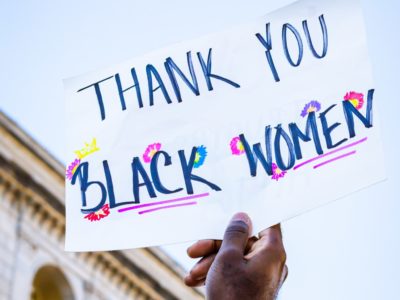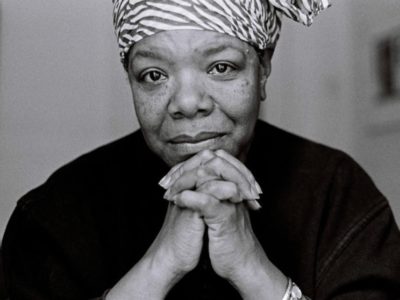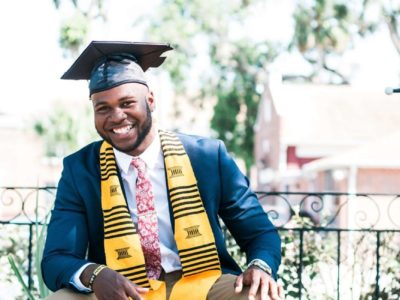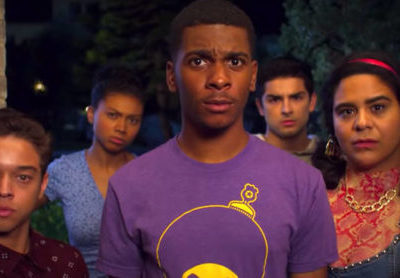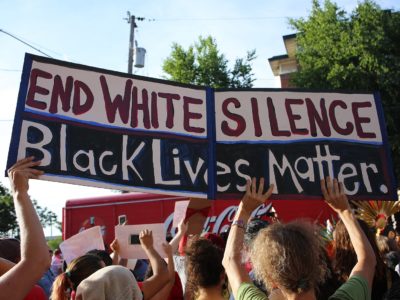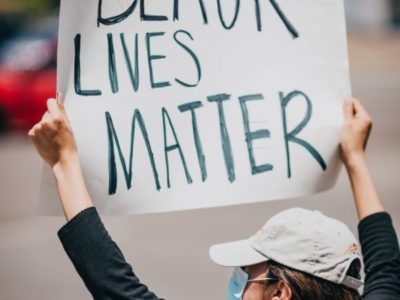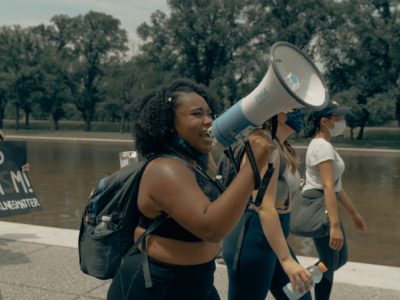Between the global pandemic, the groundswell of support for the #BlackLivesMatter movement and the recent loss of vital civil rights leaders, it seems like the world now moves into acknowledging that serious collective work must happen if we hope to see social change in our lifetime. As they shed light on the cases so blindfully dismissed by our social justice system, the collective work of these Black female activists not only paved the way for equal rights, but also created various platforms for the voices of those affected by racial discrimination.
Learn about 10 of the most influential female Black activists of today!
10. Tarana Burke
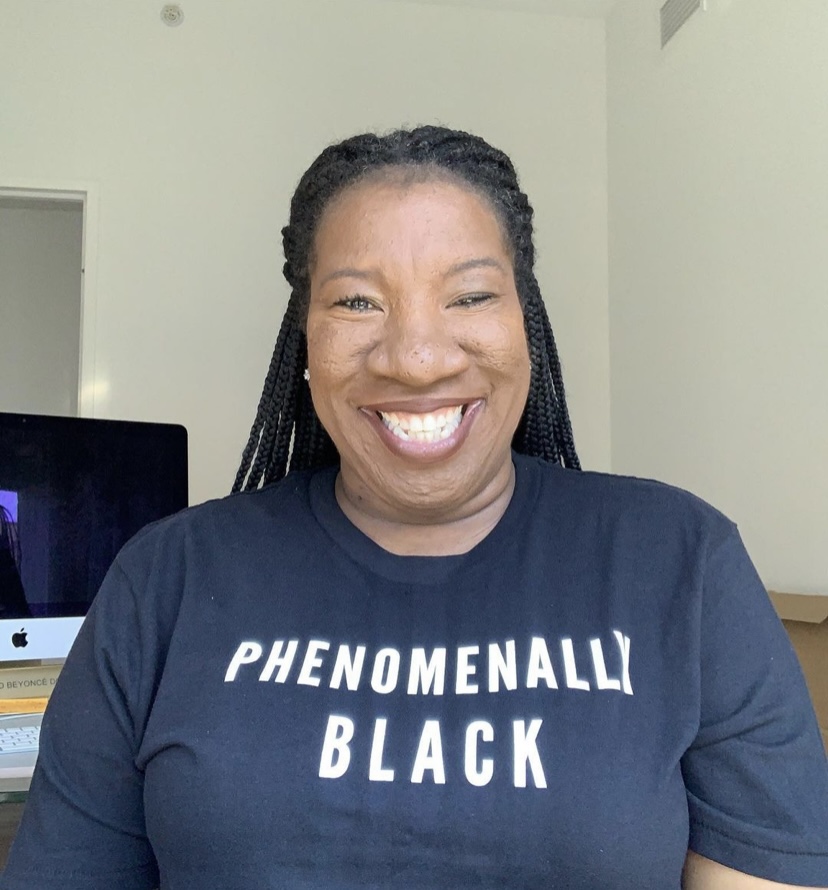
Activist, community organizer, executive and native of the Bronx, New York, Tarana Burke founded the #MeToo movement to help women with sexual violence experiences stand up for each other. While developing this movement, Burke continued to work in the non-profit sector, serving as managing director of “Art Sanctuary,” a Black arts organization in Philadelphia. She also held the Executive Director position of the Black Belt Cultural Arts Center and helped to organize the annual Selma Bridge Crossing Jubilee to commemorate the Selma Voting Rights Struggle. Since the launch of her movement, the hashtag now has 19 million uses on twitter alone.
9. Laverne Cox
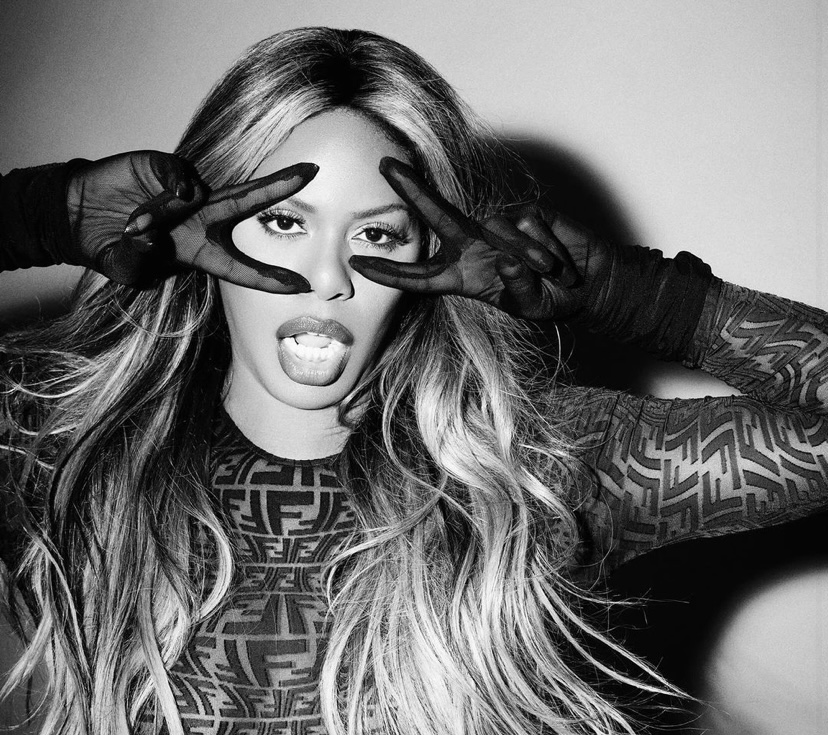
Best known for her role in Orange is the New Black, Laverne Cox holds a prominent role as an equal rights advocate who continues to make history in her career and activism. Since rising to fame, Cox uses her platform to become a fierce and vocal advocate for her community: trans women of color and other members of the LGBTQIA+ community.
“I’ve been a fan of Laverne Cox since her role on Orange is the New Black. When I found out how much she does off camera, I fell even more in love with her. I think her presence is incredibly important because she not only advocates for both the LGBTQ and Black communities, but also paves the way towards success for those who are ostracized just for being or looking different,” Hunter College Junior Samantha Perrey said.
Cox actively speaks out on the ways that systemic discrimination pushes trans people, specifically trans women of color into homelessness, sex trades and criminalization. This ultimately pushes people into the system of mass incarceration where they suffer tremendous abuse. In short, as she puts it, “we need to change power.”
8. Britany Packnett

Brittany Packnett takes multi-tasking to levels a college student would die for. Packnett became a sought-after voice in the work of social change and empowerment through her various acts of activism roles, all focused on freedom. Though she holds many, a few of her titles include Vice President of Social Impact at BET, an NBC News and MSNBC Contributor and host of the podcast UNDISTRACTED. Packnett also founded Love & Power Works, a full-service social impact firm focused on creating justice and equity in every sector.
“I feel like a lot of people don’t talk about or know about the incredible work Brittany Packnet has done. I know most of what we hear circles around the media these days, but a lot of it isn’t about her. Being the Poli Psy junkie that I am, I’ve listened to her podcast ‘UNDISTRACTED’ forever and I’ve grown to admire her activism so much. She is the perfect example of the reason why Black people, especially Black women, deserve and should always have a place in the strive for social change,” Johnson & Whales University senior Sydney Capra said.
She’s also held various roles in the past such as Congressional policy advisor for Teach for America and Co-founder of Campaign Zero, which focused on broad justice issues ranging from public education to criminal justice. And just when you thought she couldn’t possibly extend the list, she held a member position on President Obama’s Task force on 21st Century Policing and the Ferguson Commission. All in all, and most importantly, Packnett represents a proud Black woman who believes in true freedom.
7. Kimberly Crenshaw
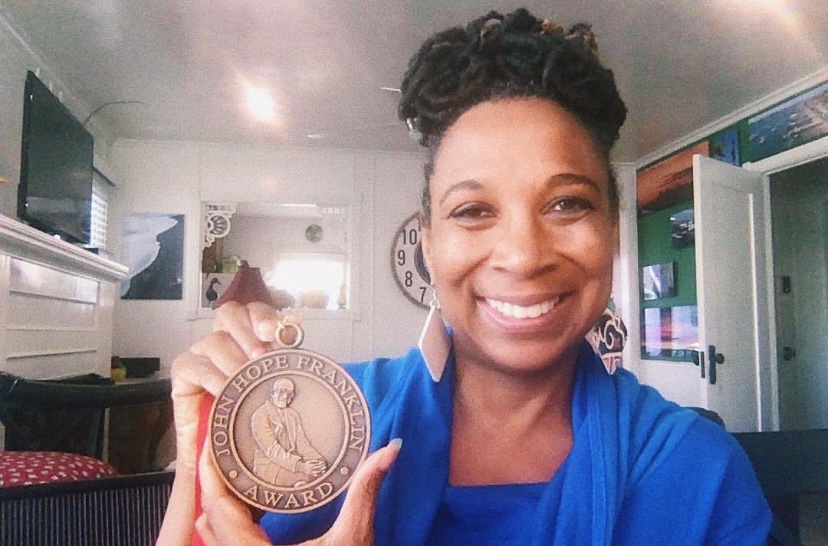
Pioneering scholar and writer, Kimberly W. Crenshaw, touches upon a plethora of topics that make her more than just an activist, but a true vessel for change. These topics include civil rights, critical race theory, Black feminist legal theory, race, racism and the law.
“I took critical race theory my junior year at St. John’s as a part of the 5-year master’s program. To this day I still reference the many essays by Kimberley Crenshaw that really drove a lot of the curriculum and discussions in the course. I think she’s so impactful because her work comes from a place of authenticity. She isn’t looking to blame any one thing or person, but rather show us how everything connects. It’s a huge deal that her work is being discussed at different Universities and a sign of how far we’ve come and how much we have left to do in terms of civil rights and justice for all,” St. John’s University Senior Savannah Hawkenn said.
In touching upon these topics, Crenshaw coined the term “intersectionality” and connected all of these topics in a way that creates space for their discussion in in classrooms across the country. Crenshaw’s various published essays now receive much-needed focus and analysis in universities across the country.
6. Aimee Allison
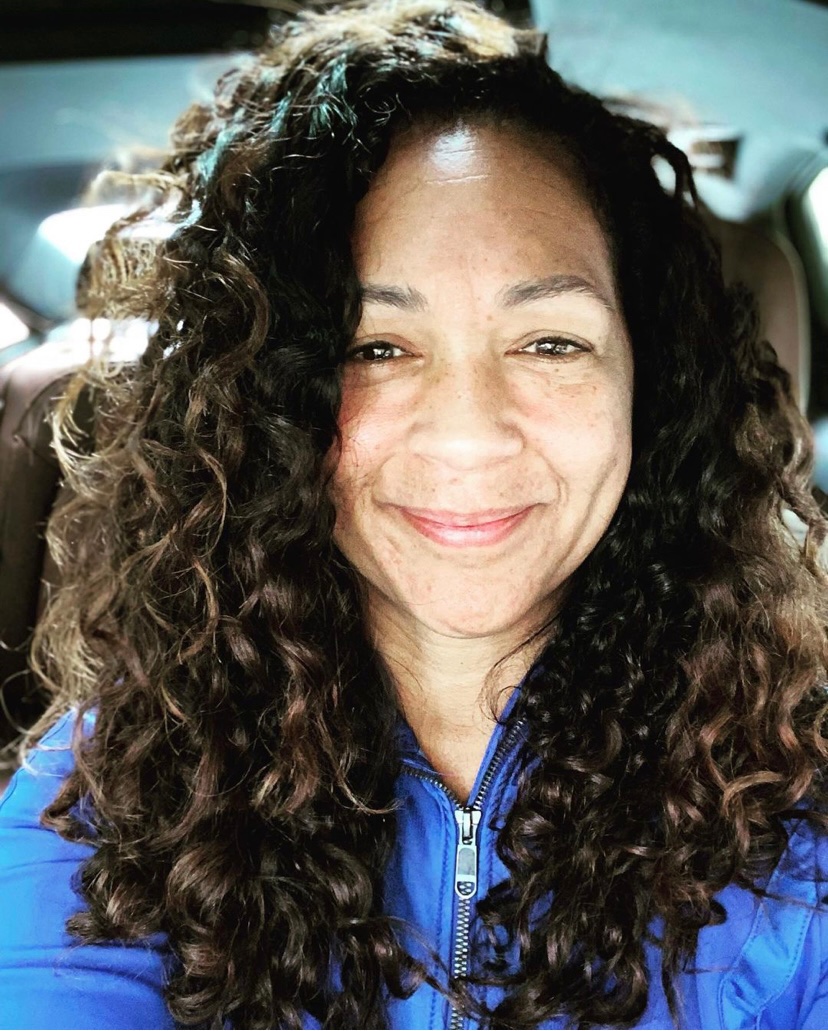
Ever heard of She the People? If not, you should at least familiarize yourself with the founder of this incredible network of women of color, Aimee Allison. She brings together voters, organizers, and elected leaders in a movement that exemplifies the values of love, justice, belonging, and democracy. In 2018, Allison became one of the primary architects of the Year of Women of Color in Politics. Her leadership goals include uniting national efforts to build inclusive, multiracial coalitions led by women of color. You can find lots of her writing in the NY Times, Newsweek, Essence and Teen Vogue
5. Raquel Willis
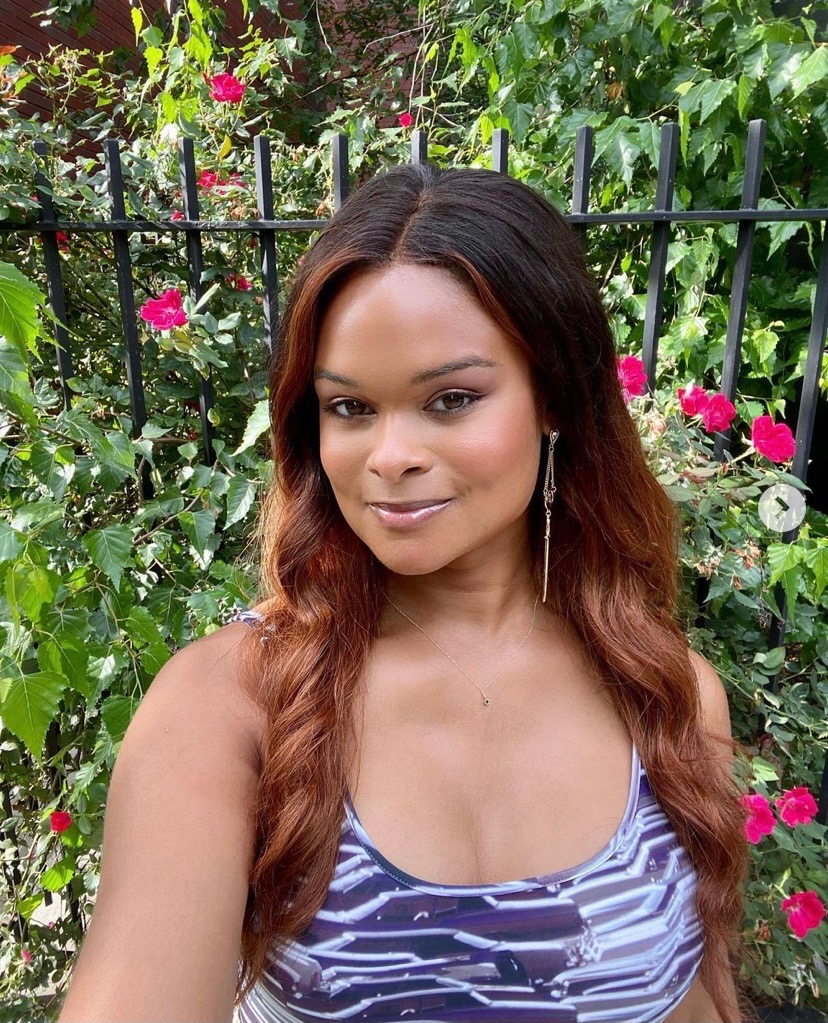
Dedicated to elevating the dignity of marginalized people, this Black transgender activist embodies what it means to be a leader in the face of justice. In 2018, Raquel Willis founded Black Trans Circles, a project focused on developing the leadership of Black women in the south and Midwest. The project creates healing justice spaces to work through oppression-based trauma. Willis does vital work in bringing the community together through organizing efforts to address anti-trans murder and violence. As an award-winning writer, she’s published the Trans Obituaries Project which highlights the epidemic of violence against trans women of color. Even more impressive, Willis developed a community-sourced 13-point framework to end this epidemic. Talk about putting in the work!
4. Melanie Campbell
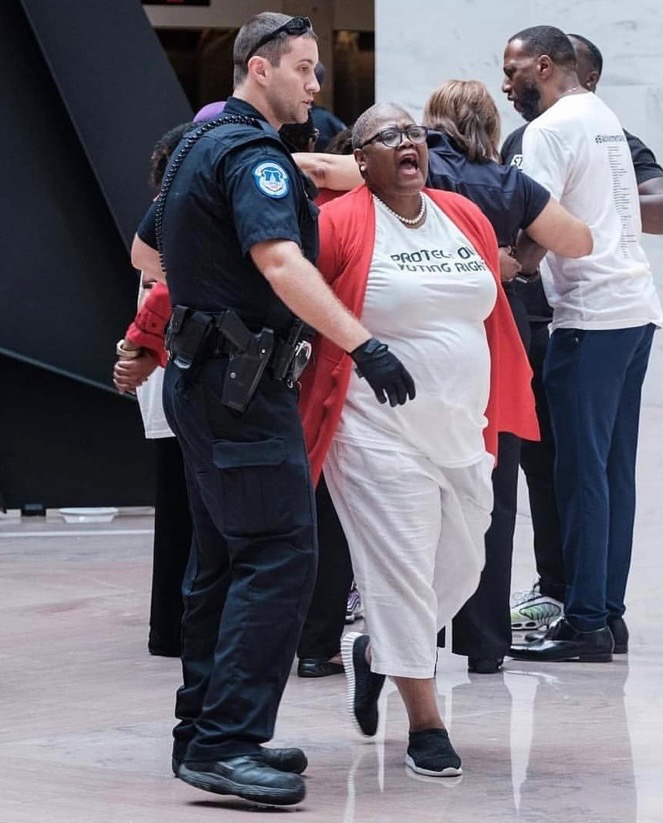
Recognized as one of the hardest working servant leaders in today’s history, Melanie Campbell recently celebrated 25 years of service with the national coalition on Black civil participation. She also has served as an advisor to U.S. presidents, congressional members, corporate, labor and non-profit executives and philanthropists on critical issues impacting Black America. Campbell dedicates herself to mentoring and providing leadership opportunities for the next generation and commits herself to lifting Black people’s leadership in the movement for justice, fairness and equality. As the veteran coalition builder, Campbell’s success shines through her leadership and organization of a multi-million-dollar civic engagement and voter empowerment and issue-based campaigns.
3. Patrisse Cullors
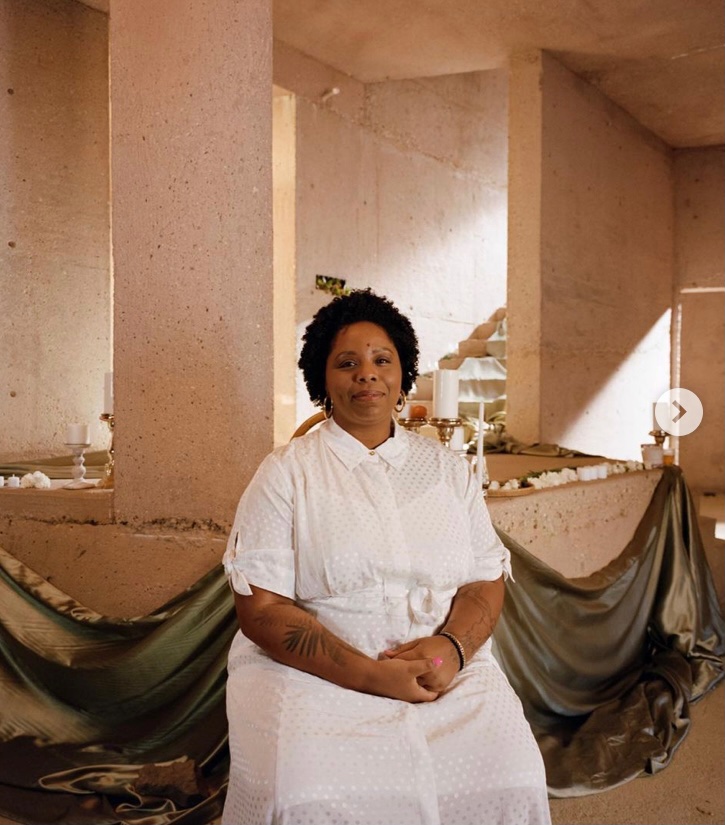
If there’s only a few names you’ll walk away remembering from this list, let it be the following three, beginning with Patrisse Cullors, the co-founder of the Black Lives Matter movement. She describes herself as a prison, police, and militarization abolitionist and advocates for reparations across the globe in various ways. She also served as executive director of the coalition to end sheriff violence in L.A. jails. Fun fact, she currently teaches in the Mater’s Arts in Social Justice and Community Organizing at Prescott College. I don’t know about you, but I would be honored to take her course!
2. Alicia Garza
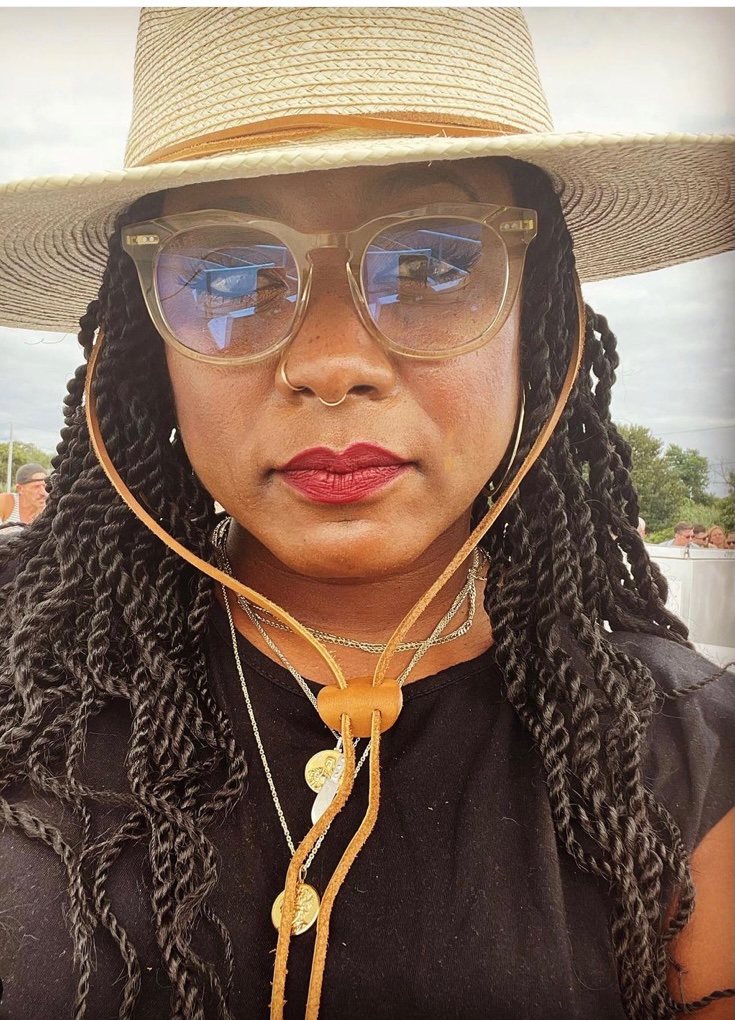
As one of the three founders of Black Lives Matter, this American civil rights activist continues to trail-blaze her way through the realm of human rights for Black people, advocating for the fact that Black communities deserve what all communities deserve—to be powerful in every aspect of their lives. She also holds the position of senior advisor on strategy at the National Domestic Workers Alliance.
“I covered a lot of Garza’s work in my feminism’s literacy course. She’s just such a powerful voice and discussing her work has inspired me a lot. I felt I connected a lot with the discrimination she’s experienced and I look up to her, Patrisse Cullors and Opal Tometi. I also find it incredibly cool she was in the BLM segment in the series Good Trouble, literally portraying real life experiences of the organization of the protests,” Syracuse University junior Ariana Jensen said.
If you’re looking for a guide on the serious change that still needs attention and the importance of the current movement we live through, check out her book, The Purpose of Power. It not only acts as a paradigm for change, but a guide to building the type of movements that address the challenges of our time.
1. Opal Tometi

Globally recognized human rights advocate, strategist and writer, Opal Tometi, also holds the title of co-founder of the Black Lives Matter movement. Gracing nearly 100 stages and participating in multiple events, Tometi acts as one of the most influential human rights leaders of our time. For years she has used her voice to ensure that race, immigration and gender justice remain at the forefront of global conversations. But just when you thought she couldn’t do more, before BLM, Tometi spent eight years as the executive director of the United States’ first national immigrant rights organization for people of African descent labeled the Black Alliance for Justice Immigration. While the goal of true justice and equal human rights for all remains at her core, the most important one poses the battle Tometi and everyone on this list continues to fight, unifying the Black community.

